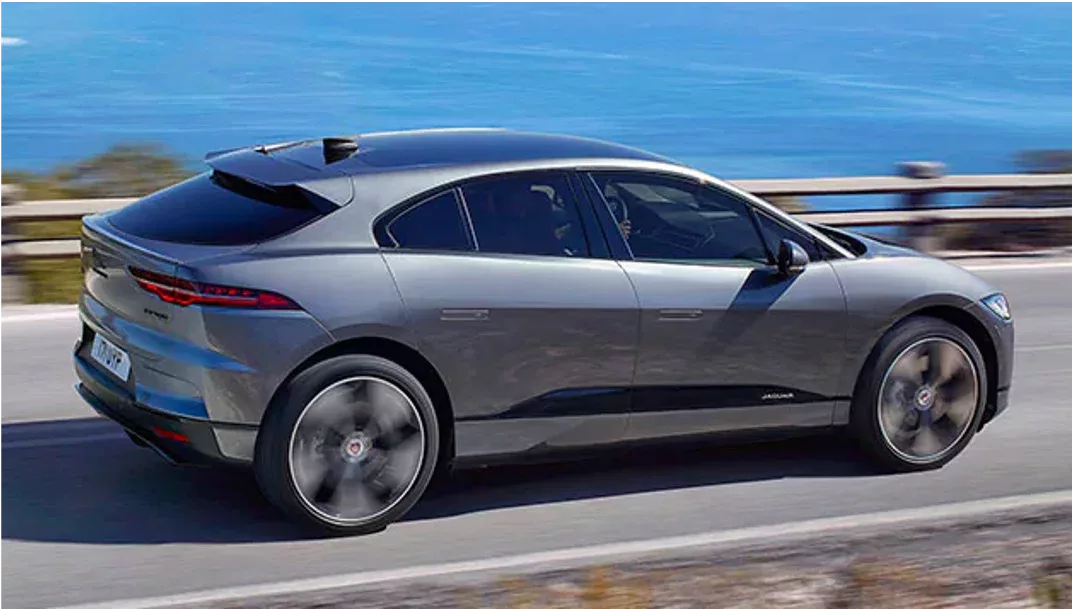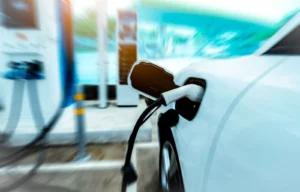Jaguar Land Rover’s owner Tata Motors is asking the government for more than £500 million of government aid for a new battery factory in Britain.
The Financial Times reports this is a decision set to be “pivotal” for the future of the UK car industry, explaining that people briefed on discussions say the Indian group is close to choosing between Spain and south-west England for its plant and has given UK ministers “weeks” to pledge financial support.
They added the total value of UK aid sought by Tata exceeds £500mn, including grants and support packages such as assistance for energy costs and research funding.
The FT says the move, by the largest employer in the UK car manufacturing sector, presents the government with a fundamental choice over how much support to give the industry as Britain “struggles to make the transition from petrol and diesel cars to mass-market electric vehicles”.
It quotes a government official as saying: “We . . . are engaging with them — whether or not the talks go anywhere depends on whether a final amount can be agreed.”
Akin Gump Projects & Energy Transition partner, Daniel Giemajner told Highways News: “A vast amount of capital is required to deliver these facilities. That capital need is driven by the sheer scale of some of the plans, as well as the fact that these are highly complex and often unique manufacturing facilities which require multiple independent specialities to be integrated in a single plant, combining cutting-edge computer aided manufacturing and robotics. On top of this, there may be requirements to develop associated infrastructure to enable a route to market and developers may have to pay a ‘green premium’ for raw materials if they are to ensure that sustainability is embedded in their processes from the moment a shovel enters the ground. All of this potentially adds to the capital cost.
Fortunately, there is a significant amount of capital available to be deployed on projects, provided developers can evidence sound construction planning and risk allocation, long-term access to raw materials and a compelling long-term demand story for their product. That said, capital is competitive, and the stimulus packages being offered by other countries and their export credit agencies means that there is no guarantee of investment in the UK. Developers and their financiers want to see host governments demonstrating their support for these multi-generational, transformational facilities.
For the UK, investment in these facilities is essential; it is widely accepted that establishing a battery manufacturing base is a prerequisite to maintaining a long-term car-manufacturing industry. The UK is currently facing a very real threat of battery and car manufacturing capacity being exported to a country offering nation state support or investment from OEMs. If the UK were to export its manufacturing capacity in this way, it would also be exporting the value creation, jobs, skills, and critical industries that go with it, and would be foregoing some of its control over efforts to decarbonize the automotive industry.
There is a fundamental and immediate need in the UK for a joined-up strategy to secure raw material supply, lithium refining and battery manufacturing at scale. Any strategy needs to be aligned with a government support package that is sculpted to overcome the short-term barriers to investment in this area.”
(File picture – JLR)
























